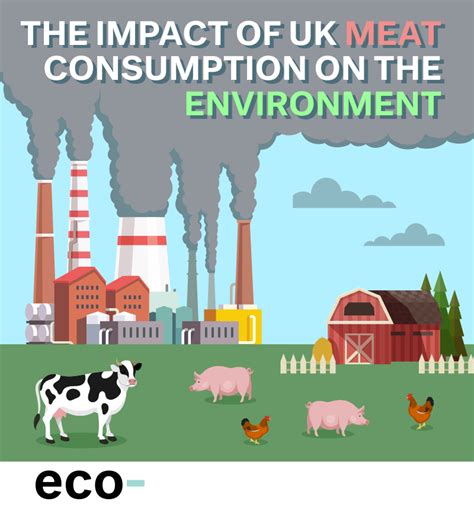The modern consumer is increasingly aware of the trade-offs between animal welfare and the environmental impact of meat consumption. More often than not, meat that boasts a lower carbon footprint might involve the killing of more animals. This paradox is at the heart of contemporary ethical and environmental debates and brings forth multiple perspectives that merit consideration. The increasing awareness of the carbon footprint associated with conventional meat production is shifting some consumers toward more eco-friendly options. However, such decisions come with additional ethical considerations that are not always straightforward.
When looking at the environmental aspect, there is an undeniable push for reducing the carbon footprint. Some argue that the best way to address this is by consuming smaller animals like chickens or fish, which allegedly have lower carbon footprints compared to larger animals like cows. However, this increases the number of overall animal lives taken, raising ethical concerns. The conversation is filled with layered complexities similar to those illustrated in popular media and cultural references, such as comic strips that parody the ethical considerations of killing different types of animals.
Some advocate for the most energy-efficient sources of meat, which can sometimes result in quite outlandish suggestions, like consuming blue whales. Yet, this approach, while somewhat humorous or hyperbolic, illustrates the lengths some are willing to go for maximizing the caloric output per animal killed. Simultaneously, there is a growing interest in lab-grown meat, seen by many as the ultimate solution to these convoluted issues. Imagine a world where ribeye steaks are cultivated in labs, eliminating the need to kill sentient beings altogether.
Lab-grown meat holds significant promise but isn’t without its skeptics. Some argue that even if lab-grown meat is indistinguishable from traditionally sourced meat, there would still be a preference for the ‘real thing’ due to cultural and psychological factors. Ethical consumption doesn’t merely hinge on the taste or nutrition but also on a history of tradition, personal identity, and sometimes, sheer stubbornness. As one commenter aptly pointed out, the true challenge lies in the societal and psychological pivot toward accepting lab-grown meat or insect-based proteins as mainstream.
Interestingly, lab-grown meat is not just science fiction but a burgeoning industry with potential downsides and hurdles. The idea of cultivating muscle cells into common cuts of meat offers promise yet ignites debate about what constitutes ethical meat consumption. How do we balance reducing animal suffering and meeting the nutritional and cultural needs of a diverse global population? Indeed, there remains a staunch desire for traditional meat, proving that ethically reducing suffering and changing dietary habits is not merely a matter of technological advancement but also one of profound cultural change.
Of course, discussions about the ethics of killing animals for food often lead to broader debates on the sentience of different species. Some posit that certain animals, such as chickens or insects, have a lower capacity for suffering than larger mammals. Yet, this raises more questions than it answers. Who gets to decide the value of an animal’s life or its capacity to suffer? Indeed, scientific and ethical criteria are often employed to make these assessments, but opinions diverge sharply. Whether discussing insect-based protein sources or the ethics of raising ‘blind chickens’ to reduce stress, the conversation is invariably charged and complex.
Finally, we must understand that these debates are part of a larger conversation about sustainability and human impact on the environment. Decarbonizing our supply chains and reducing greenhouse gases requires a multifaceted approach, ranging from reducing meat consumption to investing in renewable energy and rethinking our agricultural practices. Carnivorous diets produce a significant proportion of global greenhouse gas emissions, and addressing this involves not just targeting small-scale changes but also large-scale policy and lifestyle shifts.
In conclusion, the ethical and environmental implications of meat consumption remain a contentious and nuanced subject. While some push for more animal-friendly choices like lab-grown meat or insect protein, others cling to traditional sources, sometimes overlooking emerging data that could inform better decisions. What is clear is that achieving a balance between animal welfare and environmental sustainability requires more than technological advances; it demands a collective willingness to reevaluate deeply ingrained practices and priorities.


Leave a Reply